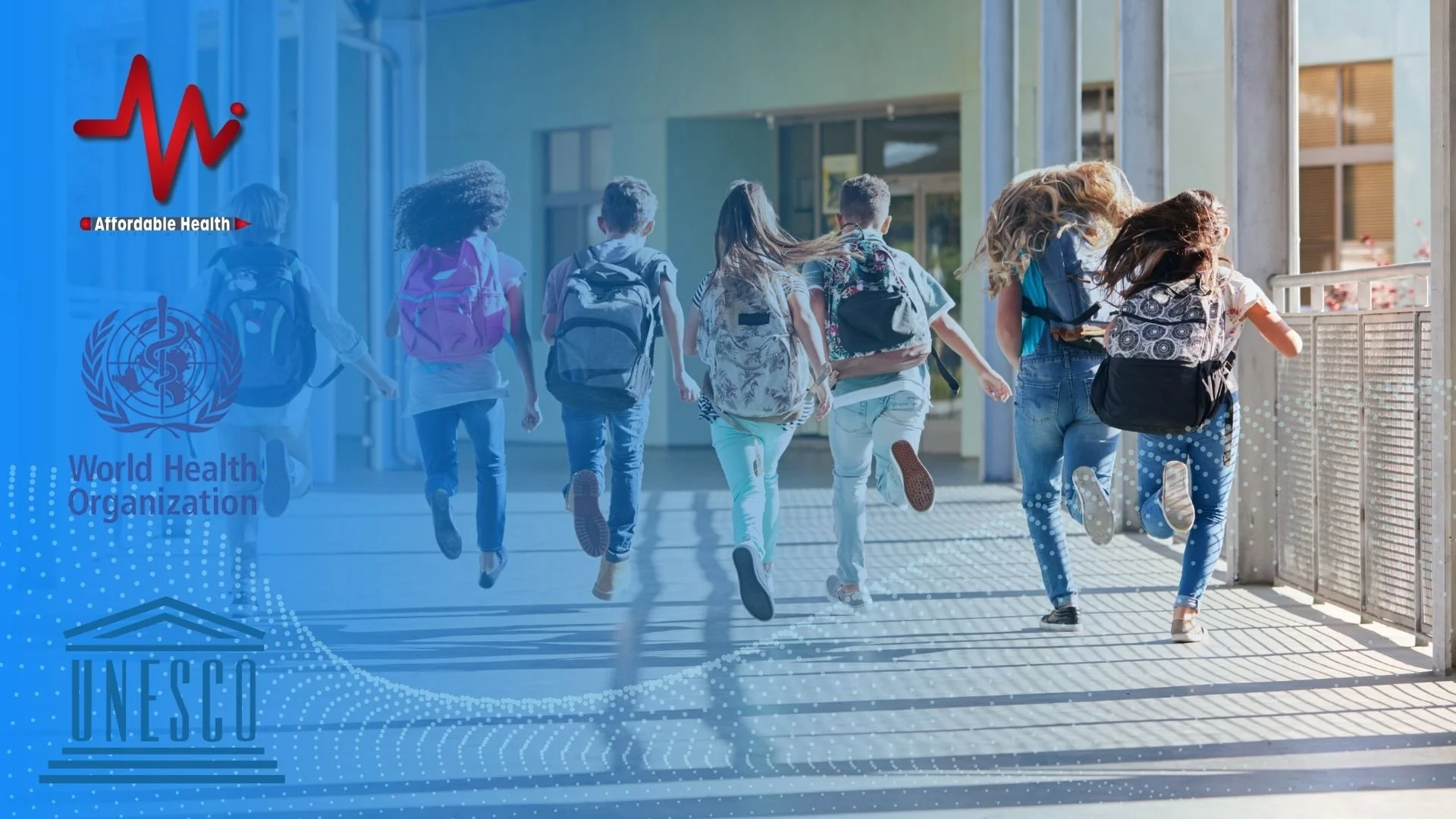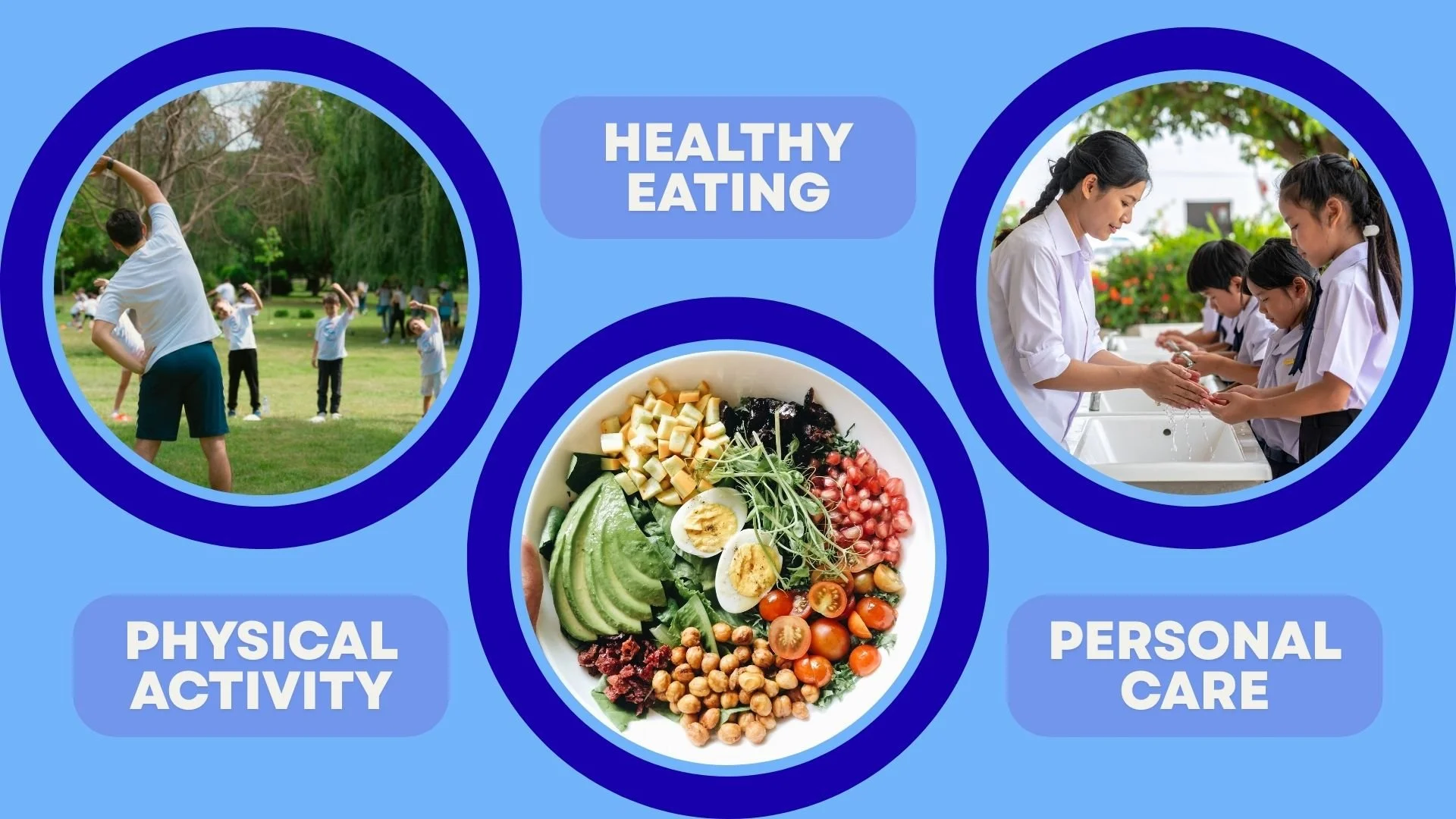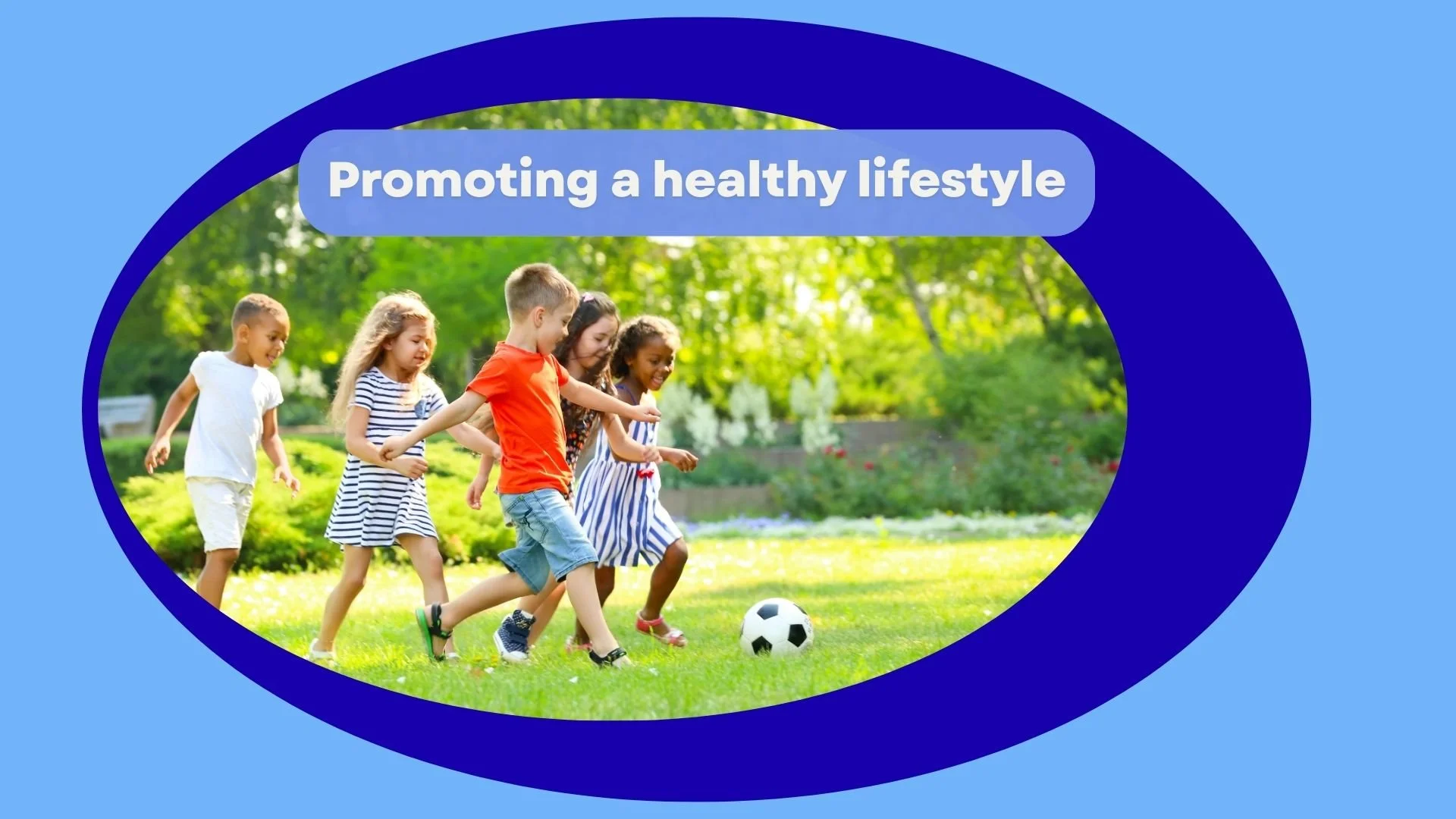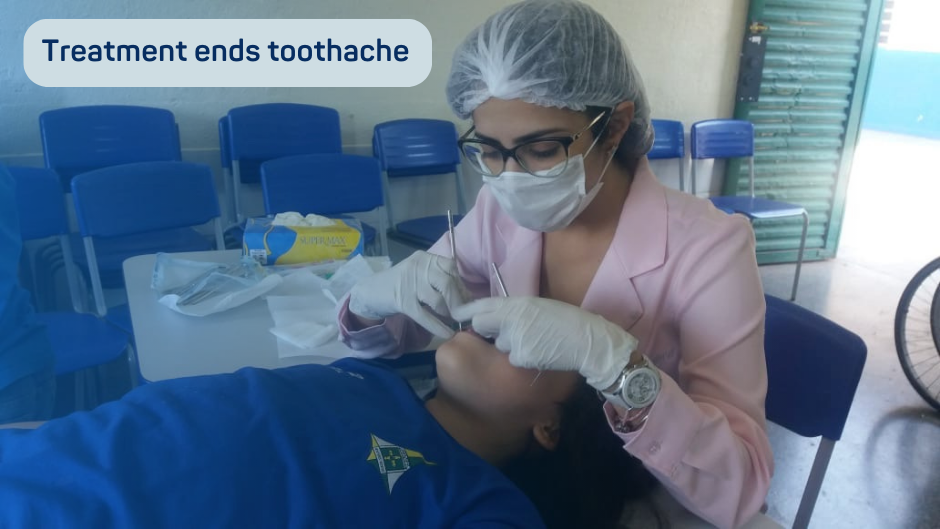Affordable Health Initiative (AHI) is a campaigning charity organisation, registered in the UK in June 2019.
AHI facilitates access to the necessary tools to flourish, to schoolchildren living in socially deprive areas. AHI does not accept donations. The AHRC provides tecnical support to the Friends of the AHI.
Removing the fence
Low health literacy coupled with persistent low mood is a major obstacle to adopting a healthy lifestyle and develop mental resilience.
What we do> “we remove the barriers.”
Making every school a Health Promoting School.
To facilitate “Making every school a Health Promoting School” and “Embedding Oral Health into the promotion of general health”, AHI developed a scaleable low-cost HPS intervention. Get involved>
AHI model—EDUCATION
Learning by playing
AHI model’s approach to teaching is based on the idea of the children finding a solution to a problem. AHI has developed several activities to provide such experiences, including the Health Detective Game.
AHI model—HEALTH PROMOTION
The AHI model shifts away from the traditional risk approach—which focuses on “don’ts” such as avoiding risks towards a protective approach that makes the healthy choice the natural and easy one.
AHI model—MENTAL HEALTH
The AHI model adopted lifestyle activities conductive to promoting mental health, in addition to physical health. Physical activities, healthy diet and personal care, coupled with the activities conductive to higher self-esteem, aspiration and mental strength to overcome the barriers to progress.
AHI model—HEALTH CARE
The AHI model focusses on surveillance, early identification of diseases, and providing treatment at school or referrals to local Primary Health Care.
Eradicating toothache in schoolchildren.
Untreated dental caries is the most prevalent disease in man kind, despite of being easily preventable and treatable.
If left untreated, causes pain and suffering.
If treated, enables people to eat comfortably, smile freely, and be more confident in all settings.
AHI Best Practice Dentistry (AHI_BPD) offers a low-cost approach to eradicating tooth decay and dental pain in schoolchildren worldwide.
Embedding Oral Hygiene on WASH strategy.
Embedding oral hygiene within the WASH strategy is a logical step, as oral hygiene is an integral part of body hygiene—yet a surprisingly missing component in many school health programmes.












